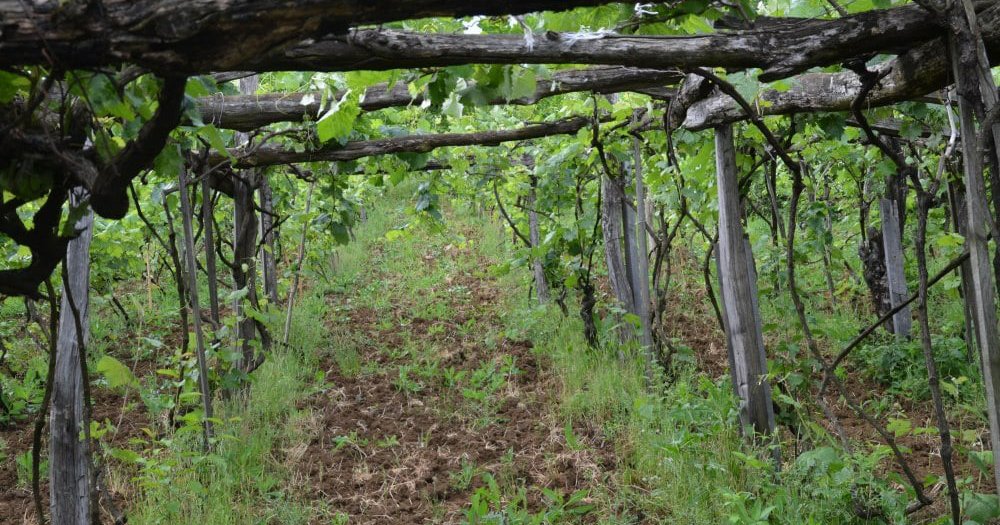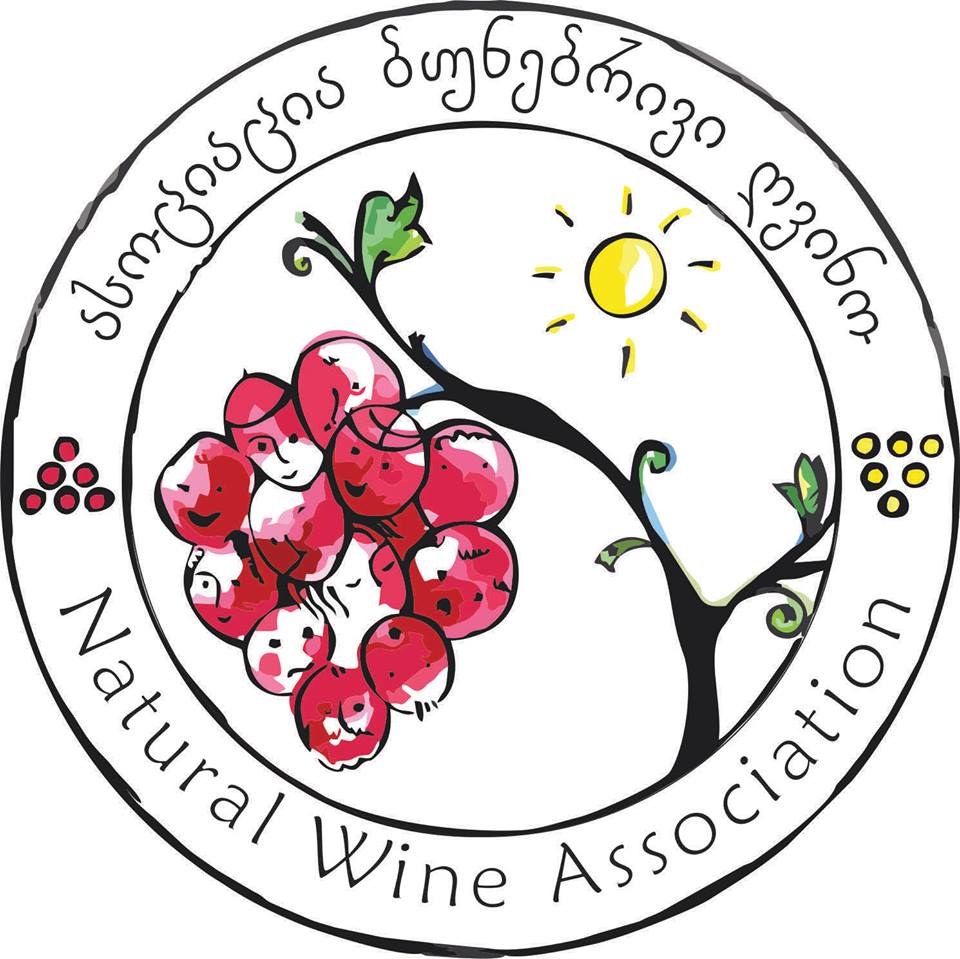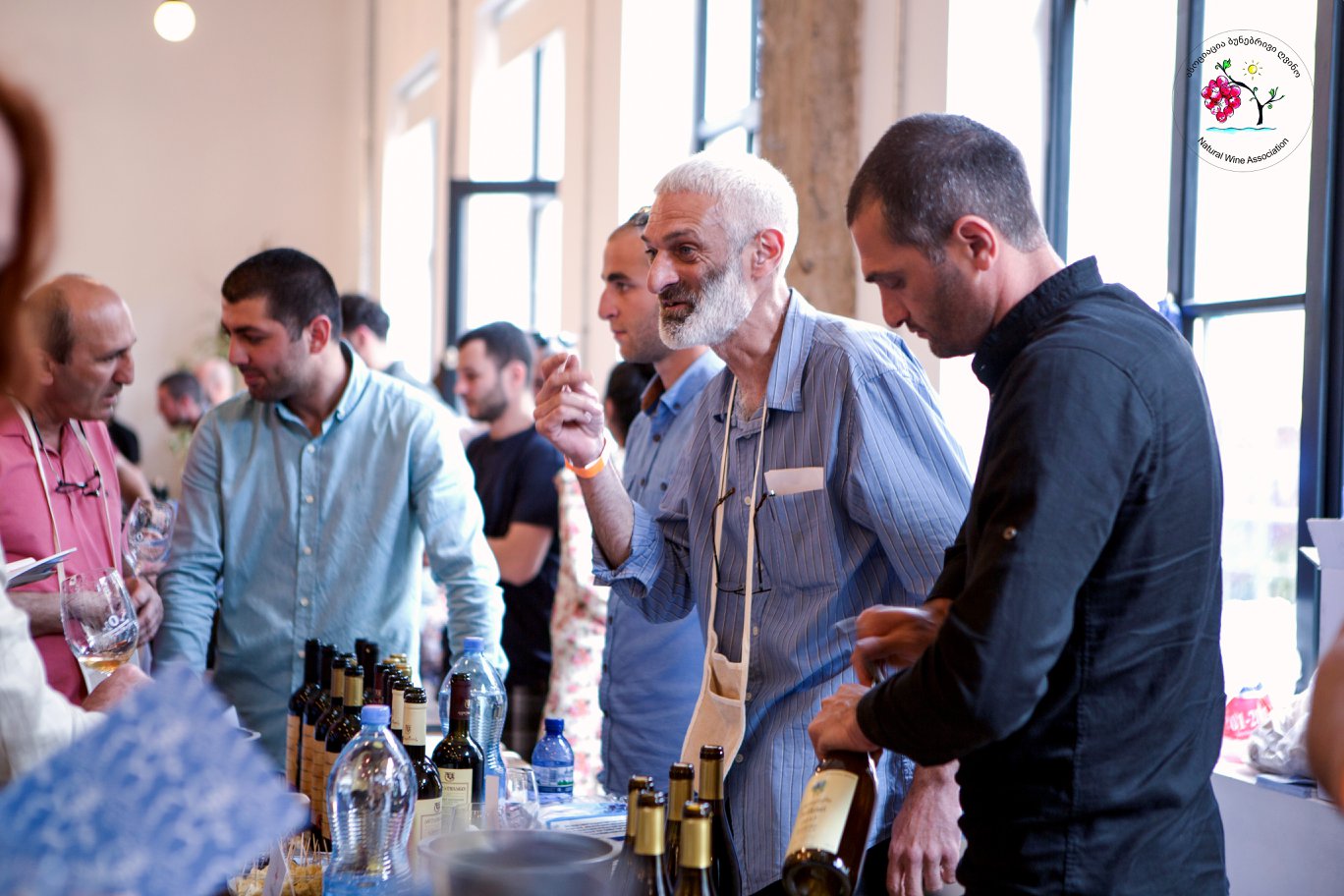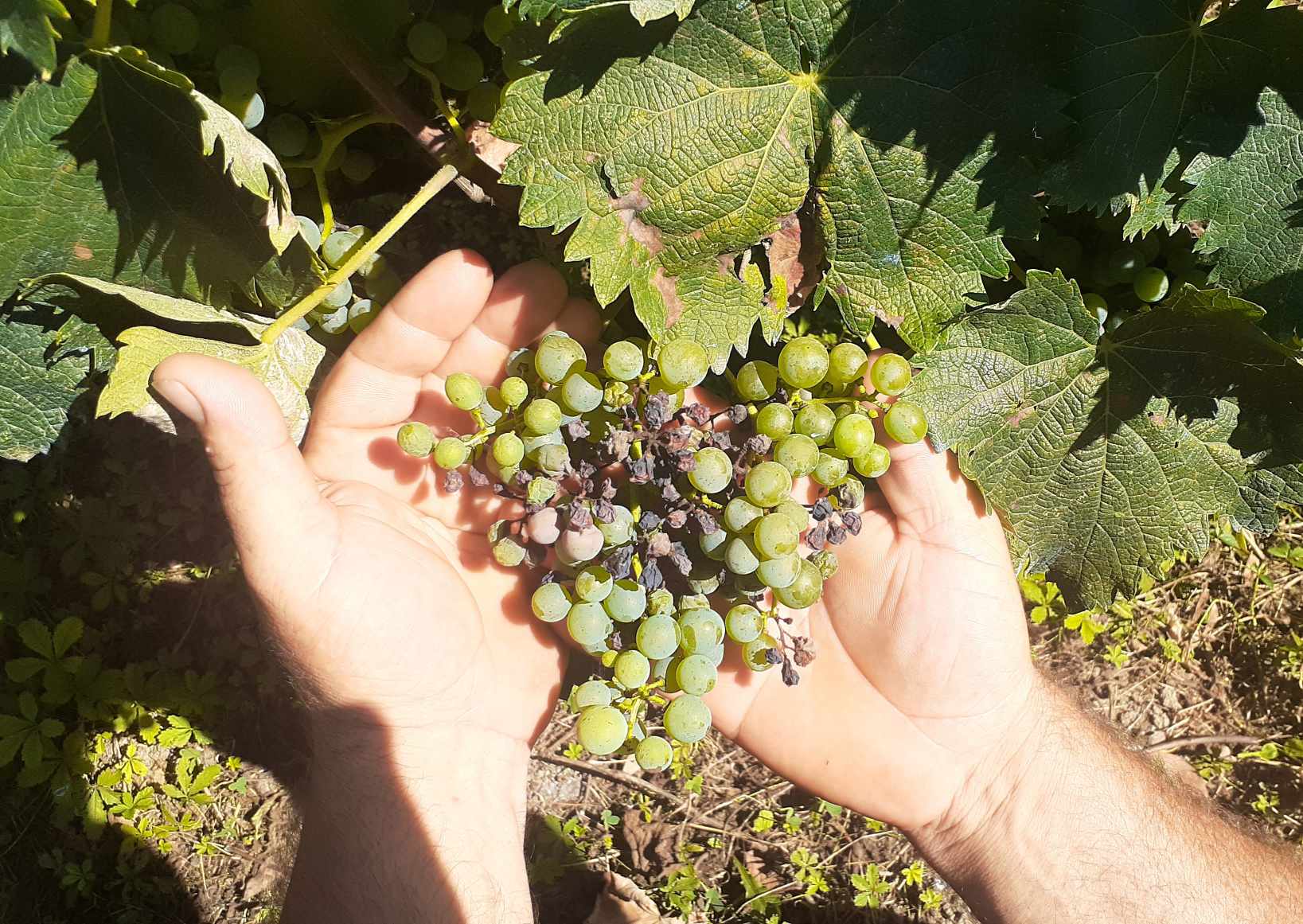News . 30-04-2024

Zestafoni Natural Wine - Four Maranis
Imereti has always stood out as a unique region for viticulture and winemaking. However, not all areas of Imereti produce wines with the same properties, quality, and potential. The municipality of Zestafoni, including the city and its surrounding villages, is one such distinctive area. Notably, the bordering villages of the Baghdati and Terjola municipalities, such as Sviri, Kldeeti, Kvaliti, and Qveda Sazano, are particularly remarkable.
In Zestafoni, as well as throughout most of Georgia, the practice of bottling and selling wine began in the 1880s. This shift was initiated by the Siraji wine merchants from Kutaisi, who decided to export wine to Russia in European-style packaging or bottles.
During the Soviet era, a general census in 1946 reported that vineyards in Imereti covered about 2,000 hectares. Most belonged to Soviet collective farms, and the wine produced was mainly sold in Russia, Belarus, and Ukraine.
Imereti wine, known for its natural effervescence, led wine technologists in the 19th century to produce sparkling wine from the Tsolikouri grape variety. Today, Imereti wine varieties are highly regarded in the European market, both traditional European-style and Georgian (Qvevri) wines, a fact recently recognized by many international wine experts.
Imereti wine, known for its natural effervescence, led wine technologists in the 19th century to produce sparkling wine from the Tsolikouri grape variety. Today, Imereti wine varieties are highly regarded in the European market, both traditional European-style and Georgian (Qvevri) wines, a fact recently recognized by many international wine experts.
Archil Guniava, an Association member, has been a proponent of natural winemaking for over 15 years. Operating in the village of Kvaliti, Imereti, he produces wines from various local grape varieties, primarily using qvevris. The ‘Archil Guniava Winery’ spans 1.2 hectares and grows grape varieties such as Tsitska, Tsolikouri, Krakhuna, Otskhanuri Sapere, Dzelshavi, Mgaloblishvili, and Mtchknara Dondghlabi. The winery’s products have penetrated markets in America, Australia, Japan, Poland, and Italy. There has also been a recent uptick in interest from Japanese consumers in these Marani wines. Both domestically and internationally, the wines of Kvaliti have garnered special recognition.
The ‘Kapis Marani,’ owned by the Kapanadze family in the village of Kvemo Sazano, Zestafoni municipality, is one of the Association’s newest members. Managed by Gogi and Davit Kapanadze, father and son, the winery is situated approximately 200 meters above sea level. They currently produce two types of wines: a Tsitska-Tsolikouri blend and a pure Otskhanuri Sapere, both made exclusively from grapes grown in their vineyard. The grape juice from white varieties is fermented and stored in qvevris, while stainless steel tanks are used for Otskhanuri Sapere. Dato Kapanadze, with a longstanding interest in distillation, crafts traditional chacha and various experimental fruit vodkas, though these remain experimental for now.
Giorgi Mshvenieradze, a winegrower and winemaker renowned as a human rights defender, has been managing the ‘Mshvenieradze Winery’ with his brother and cousin for several years in the village of Tskhentaro, Zestafoni municipality. The Mshvenieradzes are deeply invested in Imereti grape varieties, cultivating Tsitska, Tsolikouri, Dzelshavi, Otskhanuri Sapere, and Krakhuna in their vineyard. They began with an open-air cellar typical of the Imereti region and later transitioned to a closed cellar, installing 10-ton qvevris for fermentation and aging of the wine. Recently, they have expanded their production to include small batches of Pétillant Naturel and craft beer. While primarily selling their wine locally, they also export a limited quantity to the USA.
Another distinguished member of the Natural Wine Association is the ‘Amiran Vepkhvadze Winery,’ located in the village of Kldeeti, Zestafoni municipality. The winery’s vineyards benefit from their position on a small delta between the Ajamura and Kvirila rivers, to the east and south, respectively. Amiran Vepkhvadze, a trailblazer among Zestafoni’s winegrowers, adopted natural winemaking practices early in his career and continues to adhere to these principles and traditions.
In line with these traditions, Amiran Vepkhvadze ferments and ages his wine in qvevris. He diligently manages his vineyard according to organic practices and uses only contact fungicides. The winery produces grape varieties such as Tsolikouri, Tsitska, Otskhanuri Sapere, and Krakhuna, with most of its wine being sold in Georgia and several Western European countries.
The enduring tradition of viticulture and winemaking in Zestafoni is preserved and advanced by the dedicated and passionate local wineries, which steadfastly maintain the time-honored methods of vineyard care and natural wine aging. Indeed, the story of Zestafoni’s winemaking is ongoing, with many more chapters of innovation and excellence yet to come.
Levan Sebiskveradze




